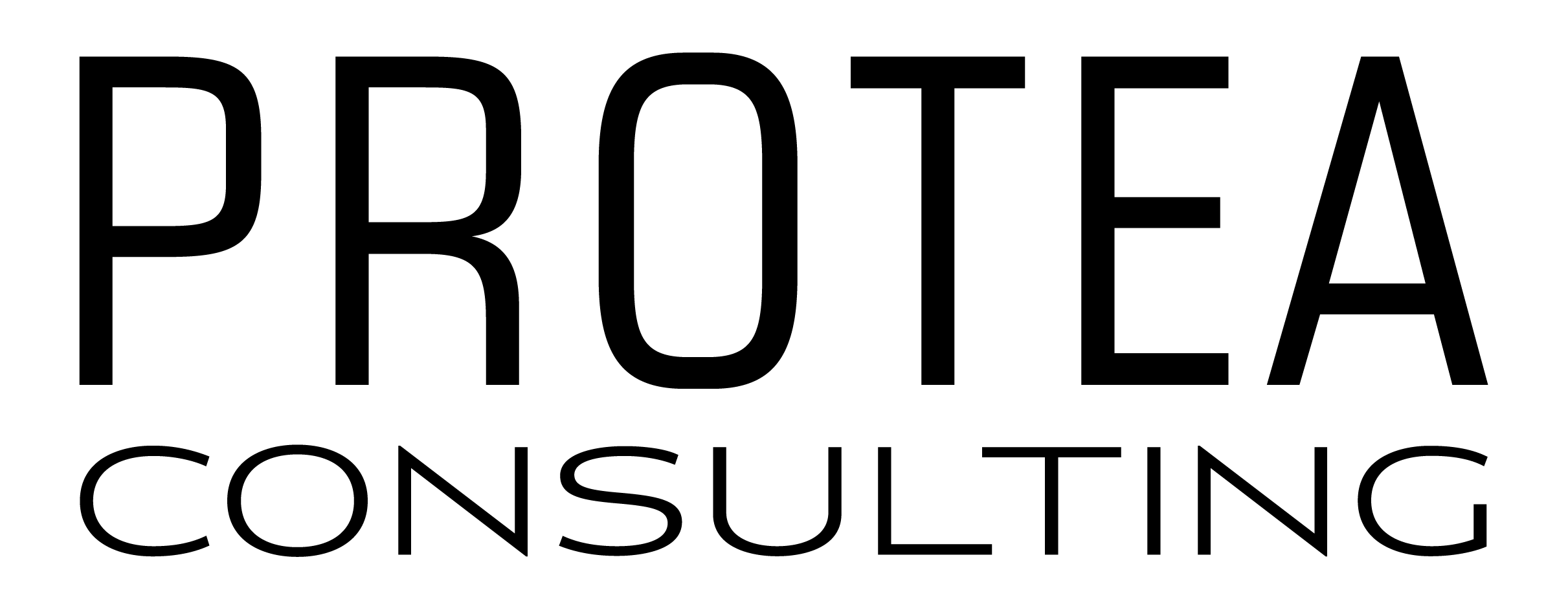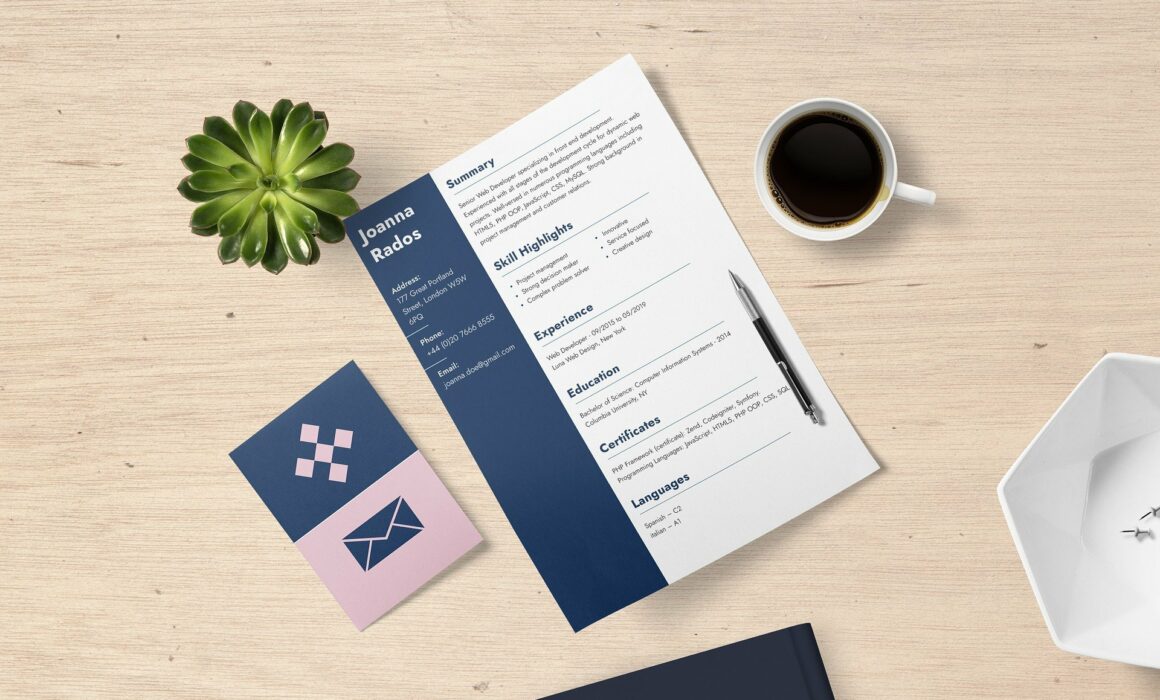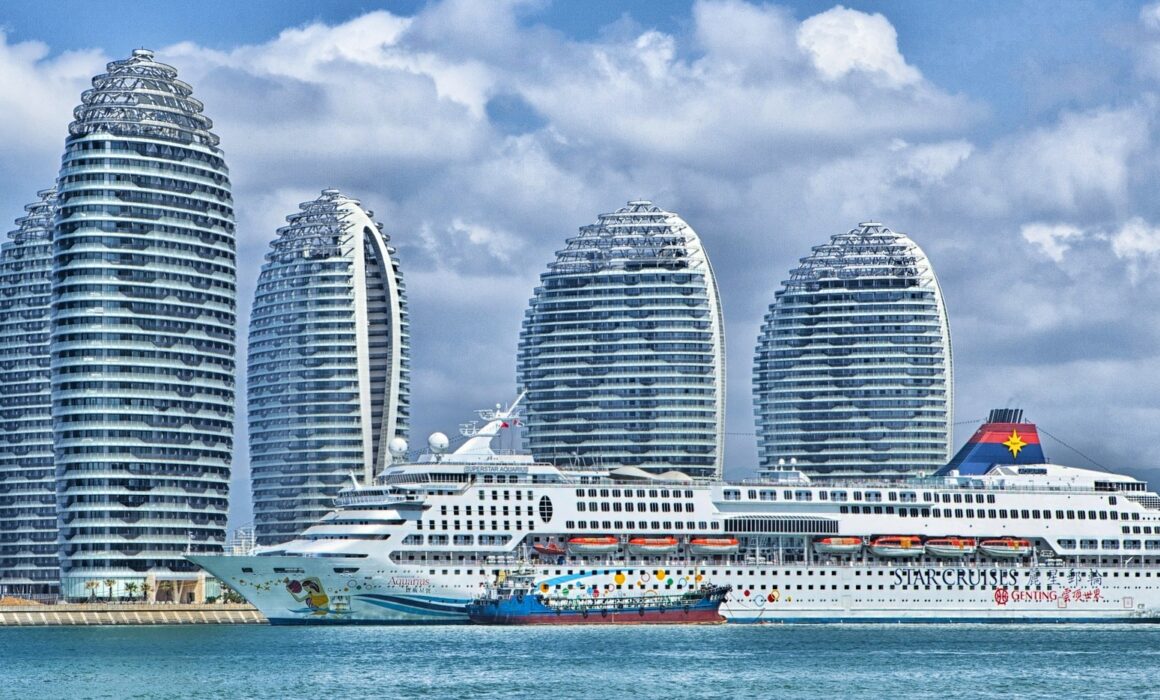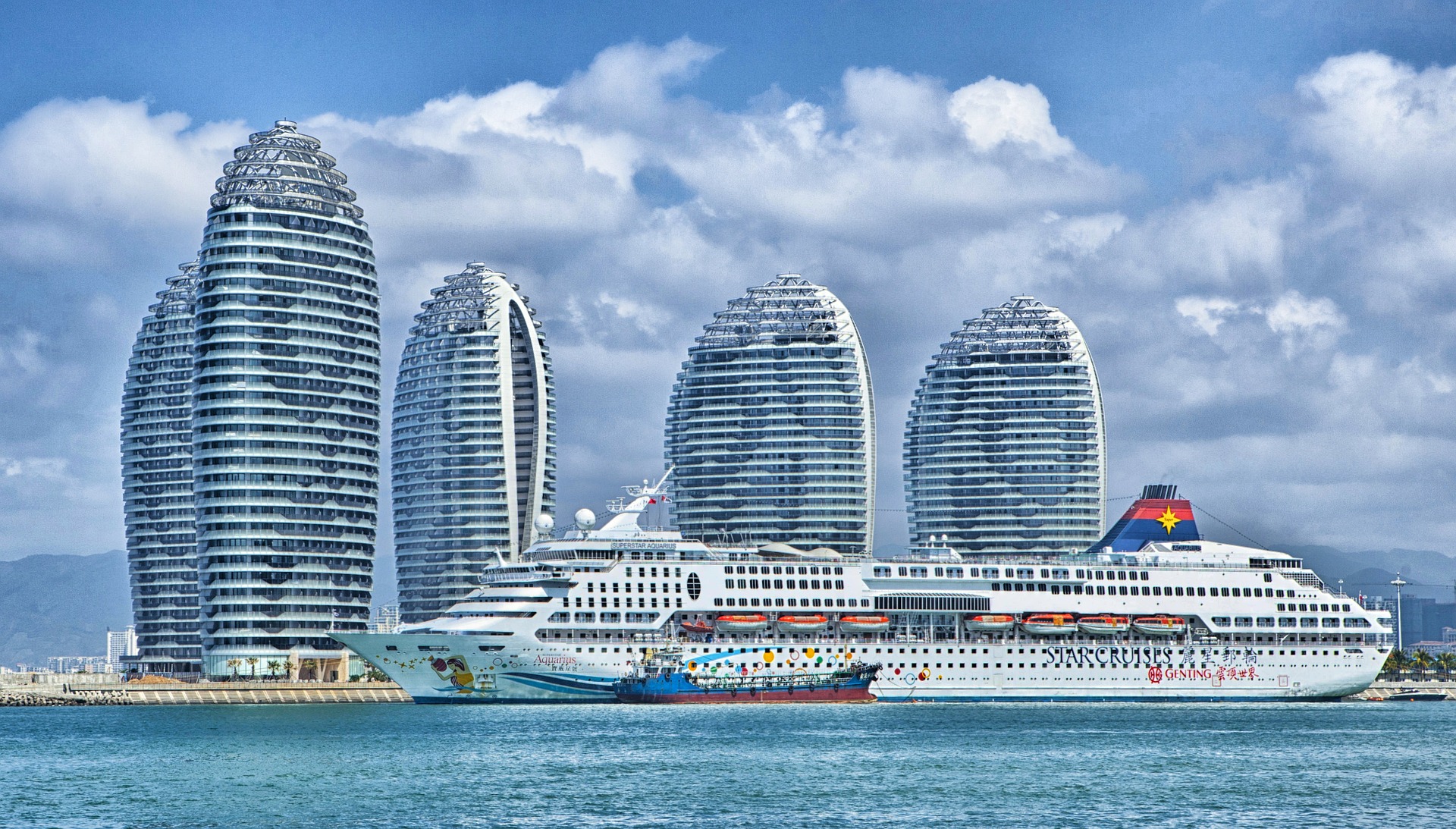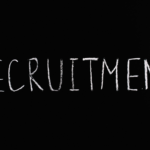Writing the best CV takes time and knowledge. This seemingly simple statement of your qualifications is what separates you from the competition and enables your future employer to make the best decision.
But, what makes a CV stand out, and how to write one yourself?
We are here to learn all the tips and tricks that will help you get the job of your dreams and perfect your presentation even before you meet your employers.
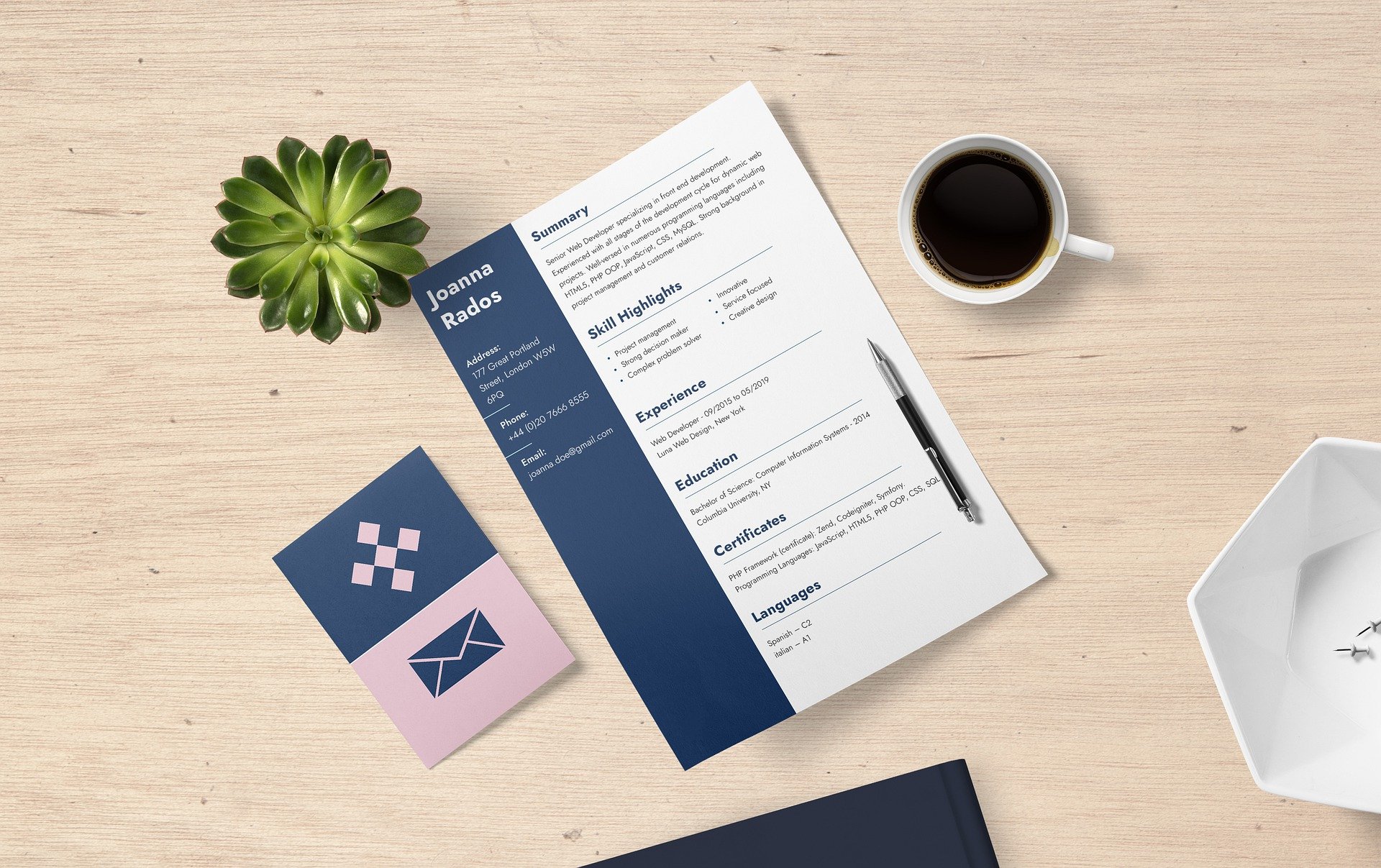
What Is a CV?
CV stands for Curriculum Vitae and is used to present you to your potential employer. CV documents are used to apply for jobs and show your profile and skills to people looking for personnel.
Considering this is usually the first time they see your application, it’s vital to make a good impression and get that call for the interview.
It’s common to add a cover letter to your application, but a good CV will do most of the bidding, so keep reading to find out how to write it.
How Long Should Your CV Be?
Your CV should be up to two pages or two sides of A4.
Depending on the job you are applying for and the amount of information you want to add, like relevant education and experiences, some CVs can be longer. Common practice is to be precise and deliver only vital information to the hiring team in the company.
Making the CV too long is rarely beneficial because busy corporate workers spend a few minutes on each CV – so make each word count!
What to Include in a CV to Make It Amazing?
Now that you know how important is the CV and the first impression it creates, it’s time to explore all the details you need to include to make it valuable and efficient.
The CV should “sell” your set of skills to your future employer and ensure the call to the next round. When filling out the pages, keep this in mind and focus only on the most critical information to boost your chances.

1. Contact Details
The CV should introduce your professional life and needs information like full name, address, number, and e-mail. Depending on the position and the company, you might have to include a photo and your date of birth – but those parts are not mandatory.
Think of this part as meeting someone for the first time and keep the intro short and professional.
2. Profile
After you give the initial information, you should add a few words that you would usually use at the beginning of the interview. This part focuses on your achievements, skills, and why you would be an excellent addition to the team.
Most employers are interested in working with friendly and flexible workers, so make this part engaging and easy to read depending on the position you are aiming to get.
3. Education
You need to include your education, grades, and professional qualifications for a better introduction—list and date all of the previous education, starting from the most recent ones.
4. Working Experience
Most employers want to know details about your relevant working experience that will be useful to the company. You should list the essential experiences first and make a precise list of duties you performed.
5. Skills and Achievements
Some companies appreciate or even insist on additional skills and achievements. That means you should mention foreign languages you speak and IT skills you learned along the way.
Don’t exaggerate the skill part of the CV, as you will most likely have to prove them later.
If the job you are applying for is specific, you might need to add more skills to impress your potential employer.
6. Hobbies
This part of your CV represents you as a social part of the company and allows the interviewers to have some topics you can talk about.
It’s not enough to say you love books or bike riding; you should add some personality and show your interesting side to set you apart from other candidates.

Format Your CV
The way your CV is formatted can make all the difference and allow the potential employer to focus on the most critical parts.
Here are a couple of suggestions that are proven to deliver the best results:
- When saving the CV, always add your name and last name for easy finding;
- Section your CV with a few headings to maintain the attention of the reader;
- Use professional and clean fonts like Arial or Calibri and choose the font size between 10 and 12;
- Save the CV as a PDF file extension to ensure every device can access it.
Why Is CV Important?
A good CV is crucial if you want to get invited to an interview and have a chance to get the job of your dreams. This simple document sets you apart from other candidates, so you need to make sure it’s unique and professional.
Don’t be afraid of adjusting your CV for different job applications, and always keep tweaking the details to enhance the essential information your employer might find interesting.
If you are determined to find the job of your dreams, Protea Consulting experts will help you get there faster. Click here for more information and be one step closer to your new career.
